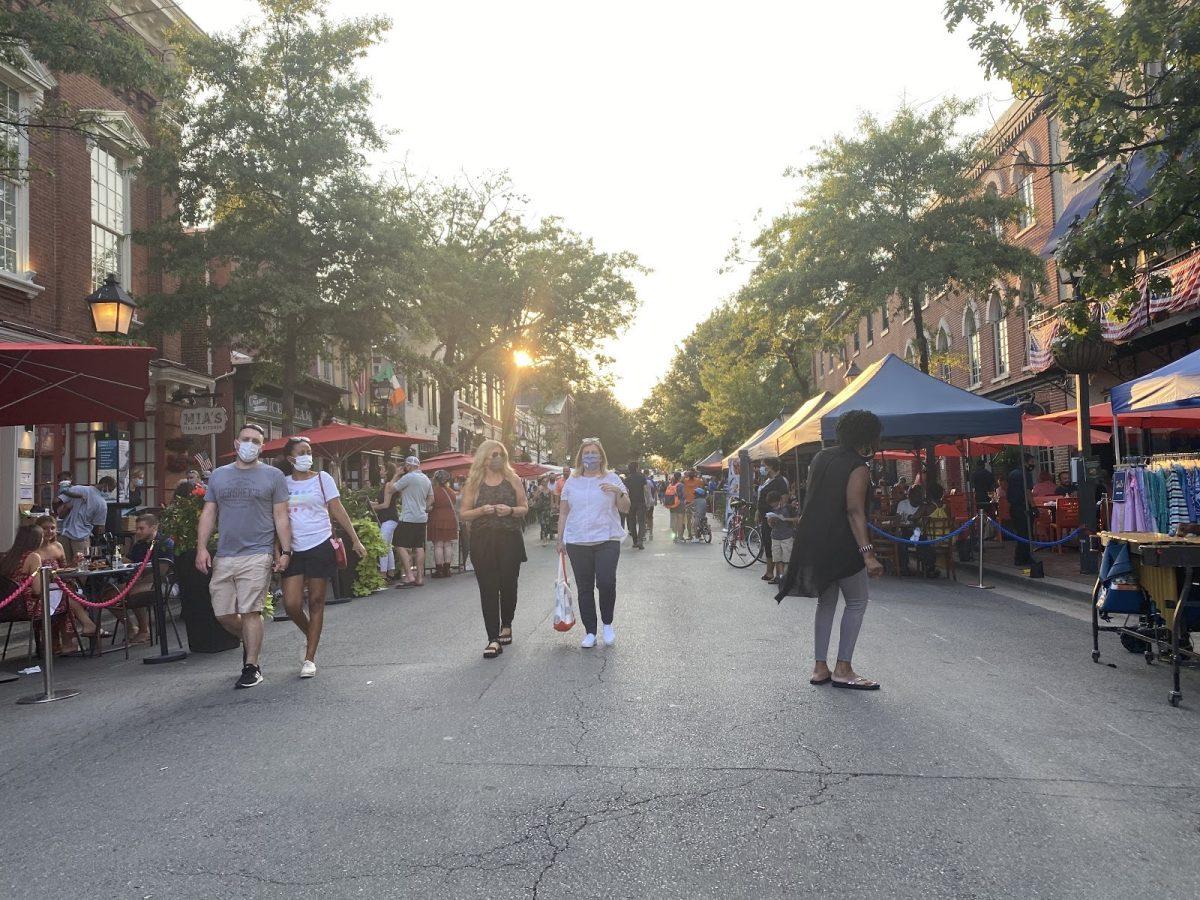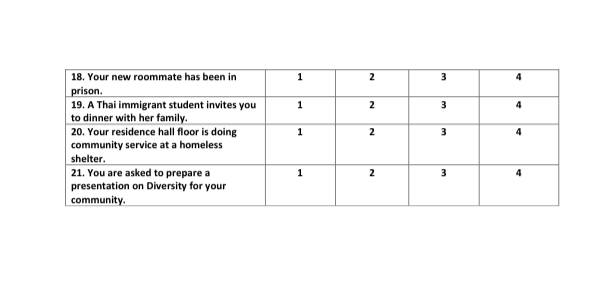June 13, 2019
America draws strength from its cultural diversity. Diversity has made our nation a more vibrant and open society, ablaze in ideas, perspectives, and innovations. But the full potential of our diverse, multicultural society cannot be realized until all Americans, including racial and ethnic minorities, gain access to quality health care that meets their needs. According to a report published by the U.S. Department of Health and Human Services, racial and ethnic minorities have less access to mental health services than do Whites. They are also less likely to receive the care they need and if and when they do get it, it is more likely to be poor in quality. (DHHS, 1999) The American Psychiatric Association identified in 2015 that, among adults with any mental illness, 48% of Whites received mental health services, compared to 31% of Blacks and Hispanics, and 22% of Asians. (APA, 2017) Another major conclusion of the Supplement, Mental Health: A report of the Surgeon General, included that racial and ethnic minorities bear a greater burden from unmet mental health needs and thus suffer a greater loss to their overall health and productivity. While studies have not addressed this disability burden for minorities relative to Whites, key findings do show that most minority groups are less likely than Whites to use services, and they receive poorer quality mental health care, despite having similar community rates of mental disorders. (APA, 2011) Similar prevalence, combined with lower utilization and poorer quality of care, means that minority communities have a higher proportion of individuals with unmet mental health needs.











